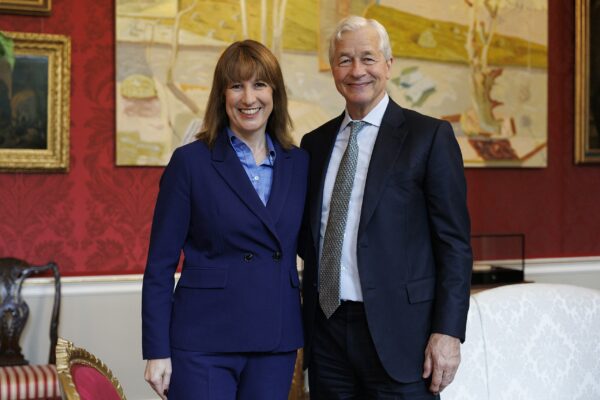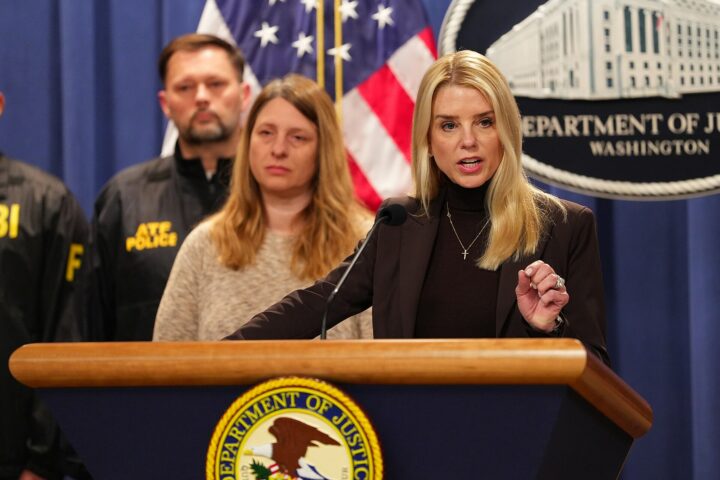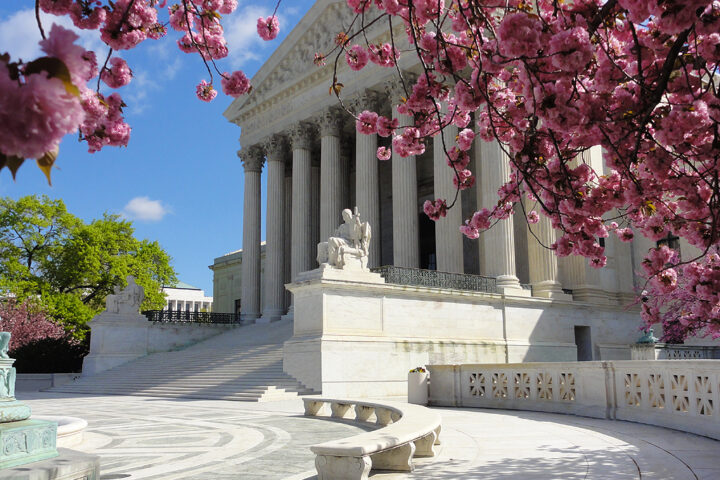Chancellor of the Exchequer Rachel Reeves is now reportedly preparing to introduce a new levy on milk-based beverages, a move that is already drawing criticism from industry groups and political opponents who argue the measure reflects a government grasping for revenue after abandoning more sweeping tax plans.
Reeves dropped a proposed income tax hike on Friday after updated forecasts revealed the public finances were £10 billion stronger than anticipated. The decision marked a significant retreat for a government that had been preparing the public for tax increases, only to pivot abruptly when the fiscal outlook improved. Days later, the chancellor shifted toward a narrower revenue-raising tactic: ending the tax exemption for sugary milk-based drinks.
According to The Telegraph, Reeves intends to fold these beverages into the existing Soft Drinks Industry Levy while lowering the sugar threshold for taxation from 5 grams to 4 grams per 100 milliliters. If adopted, the change would take effect in April 2027 and generate between £50 million and £100 million, based on current Treasury estimates. The move is part of a series of smaller, more targeted measures now under consideration, including possible adjustments affecting high-value properties, electric vehicles, gambling, dividend income and other consumer products.
Industry groups warn that the chancellor’s shift could disrupt businesses that have spent years complying with existing regulations and reformulating products to reduce sugar. Gavin Partington, director general of the British Soft Drinks Association, cautioned that “tightening the Soft Drinks Industry Levy risks undermining years of investment in reformulation for little health gain.” He said that seven in 10 drinks sold in the U.K. already contain low or no sugar and described the potential calorie reduction from the change as being “equivalent to half a grape per person each day.”
Supermarkets are expected to pass the new costs on to consumers, with some estimates suggesting prices on affected beverages could rise by as much as 5 percent. That possibility raises questions about whether ordinary households will bear the brunt of a measure projected to do little to reduce overall sugar intake.
The political backlash was swift. Shadow Chancellor Sir Mel Stride denounced the proposal as evidence of a government under strain, calling the levy a sign of “desperation.” He argued that the measure “will see businesses that played by the rules punished, with products suddenly dragged into the tax net – all to save Rachel Reeves’s skin.”
Officials within the government maintain that the debate is unrelated to recent speculation over the prime minister’s future, insisting that the Treasury must weigh tax increases and other “tough choices” to address a roughly £20 billion gap in the public finances. Earlier this month, the finance ministry floated a plan to raise income tax rates by 2 percent while reducing payroll taxes, another proposal that prompted pushback.
As Reeves prepares to deliver her budget, the new levy reflects a broader pattern of incremental tax adjustments that may bring in modest revenue but risk inflaming tensions with consumers, businesses and political critics who question both the timing and the priorities behind the government’s approach.
[READ MORE: Trump Says He Will Sign Legislation Releasing Epstein Files, Calls Controversy a “Democrat Problem”]








